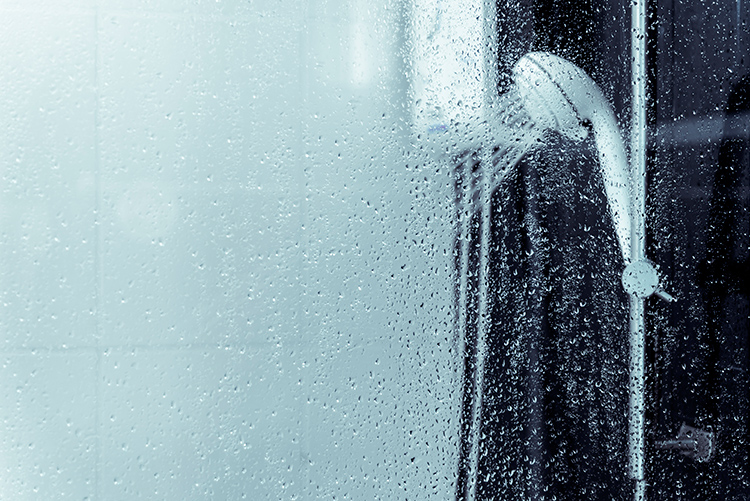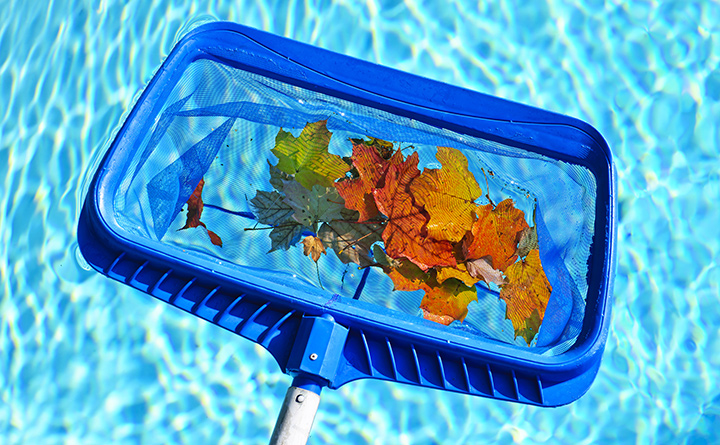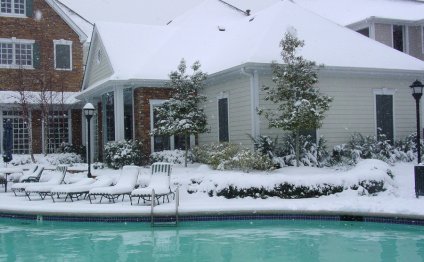
How to maintain your pool?
Poorly maintained private pools can create serious health threats for users.
Humans, creatures and also the environment can contaminate swimming pools with infectious organisms. Typically these organisms cause moderate illness, however infections can be serious or possibly fatal.
Swimming pools that are poorly maintained can cause potential health threats for people.
Parasites and viruses needs to be killed quickly to avoid individual illness.
Contaminants eg sunscreen, skin and hair should also be treated or removed.
Algae also needs to be managed. Connection with water polluted with
microorganisms may lead to infections of your skin, ears, eyes, main stressed
system or digestive system. Dangerous organisms is introduced from
humans, pets and birds and also the environment. Most cause mild illness, but
some attacks are serious or deadly.
Pool security can be essential. Young ones should always be supervised and swimming pools
firmly fenced. Domestic share proprietors must certanly be trained to do
cardiopulmonary resuscitation (CPR).
Only treated mains liquid from a domestic water-supply should be used to fill a share. However, this water might have unsuitable pH or mineral levels that will affect disinfection and damage your share and equipment with spots, scale and corrosion. Consequently, pool liquid will often require regular evaluation and chemical therapy.
Check with an environmental health officer at the local council if another water source is usually to be utilized.
Water continues to be in a share for long intervals, therefore it must be addressed to help keep it clean and safe. Proper disinfection and purification of share liquid kills harmful microorganisms and eliminates body fats, oils, earth alongside pollutants.
Pool liquid needs to be regularly circulated and filtered. If the pool filter doesn’t operate properly, the chemical substances put into keep the share disinfected and clean won't be effective.
Common filter types feature sand filters, diatomaceous earth and cartridge filters.
The filter system should be able to completely filter a level of water
equivalent to the volume of the many liquid when you look at the pool within six to eight hours. The filtration should function constantly whenever a pool is being utilized as well as one or more hour a short while later.
Filters should really be cleansed frequently assuring these are typically operating at maximum
efficiency.
In sewered areas, water used to backwash (wash) the filter should always be
disposed to sewer. In unsewered places, refer to the SA Environment Protection
Authority fact sheet on Disposal of children's pool Backwash liquid (PDF 189KB).
It is essential to test the water before use and at minimum when each and every day for pH and chlorine (or other disinfectant) concentration.
Much more frequent evaluating should be done in hot sunny climate or if the pool is
used by many people men and women, to ensure that alterations in water high quality are detected
before dilemmas develop. Other parameters (see below) must certanly be
measured at the very least weekly.
Reliable share water test kits should really be made use of - kits can be purchased from
children's pool stores, some supermarkets, equipment and major malls.
Here variables should always be adjusted since needed.
Commercially offered disinfectants for domestic pools should be utilized. Chlorine is considered the most common, but bromine, ozone, ultraviolet (UV) irradiation and ionising methods can be utilized.
If chlorine or bromine aren't the primary disinfecting agents, a tiny bit of
chlorine or any other oxidising agent ought to be included with keep residual disinfection task within the liquid. Seek advice from a pool provider to find out more.
The chlorine in the water that will efficiently kill bacteria is called ‘free
recurring chlorine’. If chlorine can be used, the free residual chlorine focus in your pool should really be preserved at 1.0 to 3.0 mg/L. The ideal level is 2 mg/L.
Whenever a share is certainly not used, an approach particularly a drifting immersion dispenser should always be used to disinfect the pool liquid constantly.
Shock dosing
After a pool is greatly utilized, after a rainstorm, or if perhaps a share was poorly
preserved it could require ‘shock dosing’ to create it to a safe standard to be used.
Shock dosing guidelines:
- Add sufficient chlorine into share water to reach 10 mg/L residual free chlorine. For example, add 200mL of liquid salt hypochlorite (12.5percent readily available chlorine) or 30g of granular calcium hypochlorite per 1000 litres of water.
- Keep 10 mg/L free residual chlorine for one or more time.
- Run the pump and filter always during shock dosing.
Various other products could be readily available for this purpose. Consult with your pool provider.
Do not use the pool until no-cost residual chlorine drops to 4 mg/L. This may require making the share immediately.
Salt pool chlorinators
One strategy of chlorinating a pool is to try using a salt pool chlorinator. A measured quantity of salt is mixed in share liquid. Once the salt liquid passes through a chlorine generating mobile, it produces chlorine. Make reference to your salt chlorinator’s procedure directions for specific details.
If someone in your household happens to be clinically determined to have Cryptosporidium illness, they need to not make use of a pool two weeks in the end symptoms have ended. If an infected individual features used your pool during infectious period, you need to disinfect the pool to stop the spread of infection to other people.
If you are not confident that you can successfully disinfect the pool yourself, contact a pool upkeep company (costs apply). When utilizing chlorine to disinfect a pool against Cryptosporidium, the following process is recommended:
- include adequate chlorine to the liquid to quickly attain 10mg/L free chlorine residual
- make sure 10mg/L free chlorine residual is maintained continuously for at the least 25.5 hours (you will have to include even more chlorine occasionally)
- run the pump and filter always during disinfection
- backwash the filter completely after doing the disinfection procedure.
It might be quicker, much easier and more cheap to empty and clean up a spa instead of undertake the disinfection process.
Care: After disinfection, don't use the pool or spa through to the no-cost chlorine amount falls on regular concentration. This could require making the pool unused for another time or two.
To make certain chlorine works effectively, the pH range must certanly be maintained within 7.2 to 7.6. This can be also the ideal pH of liquid the convenience of share people.
To prevent chlorine from rapidly breaking down in pools confronted with sunlight, cyanuric acid can be added to decrease the amount of chlorine consumed. It should be maintained at a level of at least 30 mg/L no significantly more than 50 mg/L.
Additional suggestions about stabilisers are available from a pool provider.
Complete alkalinity should be checked at least once a week to avoid cloudy water, scale development, metal deterioration and keep carefully the water comfortable for users.
Complete alkalinity must be preserved in number of 60 to 200 mg/L and modified because needed through the use of sodium bicarbonate as suggested by a pool supplier.
Add small degrees of chemical mixed with liquid at a time into pool with th pump and filter working. Wait 10 to 15 mins before testing.
RELATED VIDEO
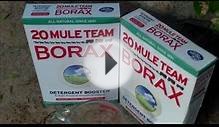
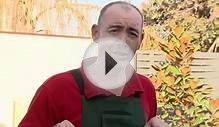
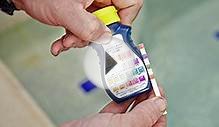
Share this Post
Related posts
Electric Showers
If you know how it feels to put up with the odd shower that does not hold a stable temperature and makes you slouch miserably…
Read MorePool Maintenance Tips
Pretty soon swimming pool holders will face the annual problem: opening a backyard swimming pool for the summer period. The…
Read More
